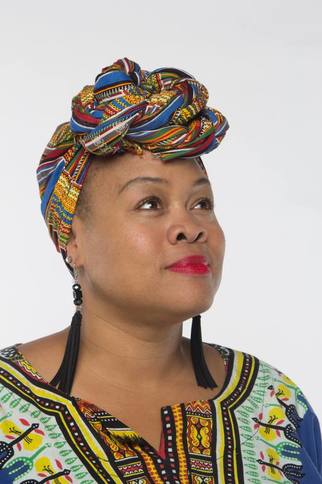Living Academic Research
Dr. Pamela L. Grayson @LadyPGrayson
The Spiritual Development of Online Church Attendees Compared with Traditional Church Attendees
Dr. Pamela L. Grayson
|
|
BIO
Dr. Pamela Grayson received her bachelor’s degree from an HBCU, The University of Arkansas at Pine Bluff. Her masters of Management was earned from the University of Phoenix. She earned her doctorate of Educational Leadership from Dallas Baptist University. She currently serves as an ESL instructor and a business contractor. Dr. Grayson’s interests are in educating religious organizational leadership on the impact of the usage of social media, addressing social injustices, and other issues that impact the community.
|
Scholarship
Dr. Grayson has served in numerous capacities within corporate America ranging from sales, customer service, executive leadership, and consulting. She has served in multiple leadership capacities within corporate and community organizations to include various chambers of commerce, religious and nonprofit organizations, as well as youth organizations.
|
Abstract
Traditional church attendance is declining while online church attendance is increasing. Baby boomers are coming of age and becoming immobile, yet possess access to the internet. Millennials are choosing the convenience of technology over tradition. The question that the current study seeks to address is whether the virtual church can promote spiritual development as well as the traditional church through the utilization of technology. Spiritual development was defined as spiritual awareness and the quality of the relationship with God. The participants of the current study attended either traditional or online church and spiritual development was evaluated using the Spiritual Assessment Inventory. The results were obtained by using independent samples t tests with two of the five Spiritual Assessment Inventory variables having significant differences. Post hoc evaluations were performed to assess if age and gender impacted spiritual development along with an examination of relationships among the variables. The increased attendance of online church has created a need for more leaders who can employ the type of leadership that will succeed in the virtual environment. Digital leadership is the type of leadership that is typically utilized by leaders of virtual organizations. The current study compared the traits of traditional leadership and church to those of digital leadership and online church, as defined by the research.
Keywords: digital leadership, spiritual assessment, online church, cyber church, virtual church, leadership |
The Unexpected
from Research The Interview
Click the link below to download a copy of the study
| ||||||
